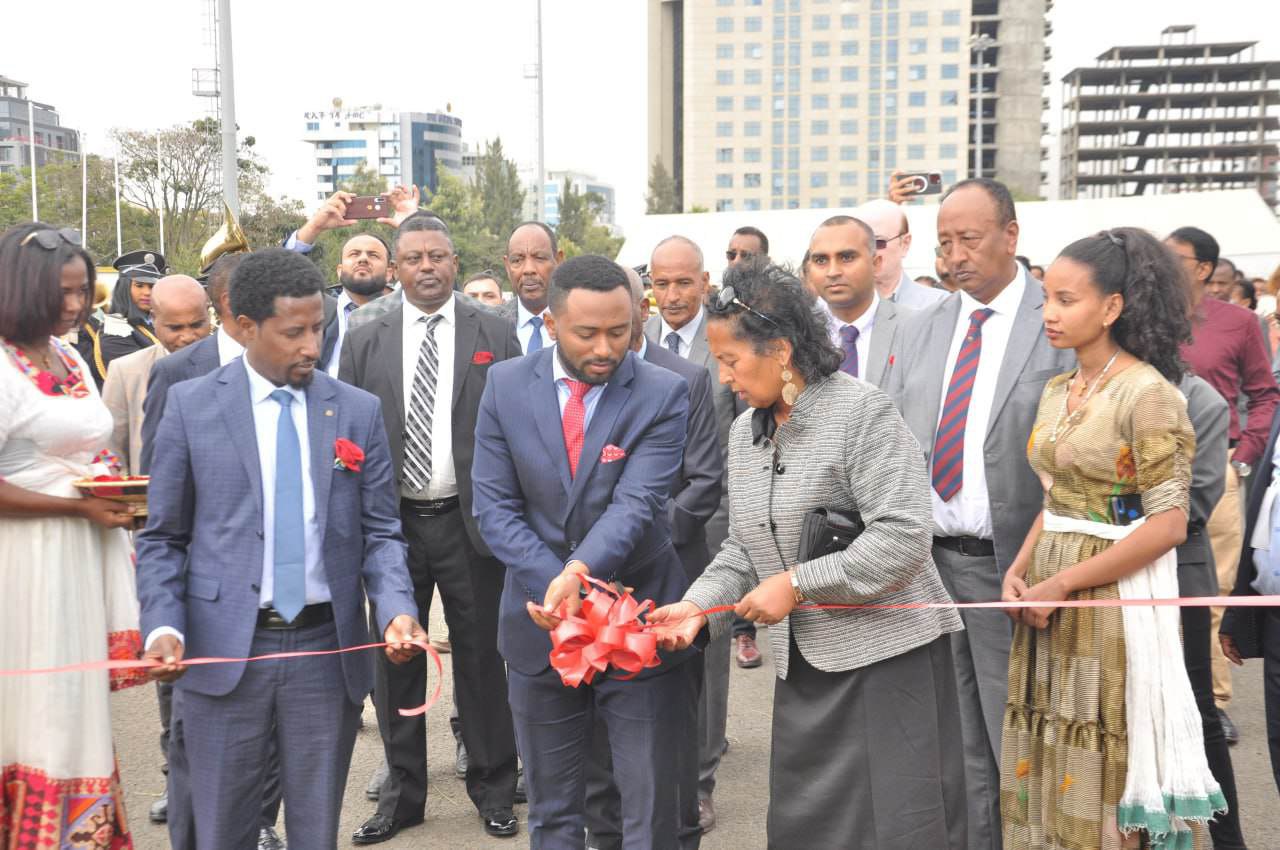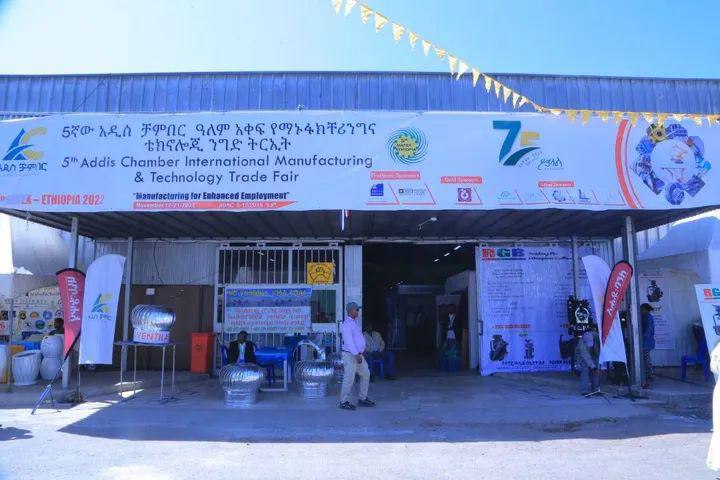Addis Ababa, July 28, 2024 (FBC) – Ethiopia has officially embarked on comprehensive macroeconomic reform policy implementation, Prime Minister Abiy Ahmed confirmed this afternoon.
Here is the full statement on Macro-Economic Reform Program Policy:
Following the political change in 2018, the government has been implementing numerous economic reforms. Over the past six years, these reforms have aimed to address longstanding economic structural problems. The main inherited economic challenges include debt burden, inflation, unemployment, slow economic structural change, low sector productivity and competitiveness, poor performance of development projects, and resource mismanagement.
The policy and legal reform processes have brought new hope for the economy to transition to a more stable macroeconomic environment. The first phase of the Home-Grown Economic Reform Program (HGER 1.0), introduced in the 2019 fiscal year, included numerous policy ideas ranging from macro-financial to structural and sectoral. Through the implementation of the HGER 1.0 Ethiopia has achieved significant economic objectives and goals. Despite the remaining reform areas, efforts to correct macroeconomic imbalances, alleviate debt burden, increase domestic production capacity, expand sources of economic growth, create job opportunities, and address structural bottlenecks have yielded positive results. Additionally, the government’s ability to collect tax revenue has improved.
Ethiopia has become one of the fastest-growing economies in the world by achieving robust economic growth over the past six years. From 2019 to 2023 fiscal year, Ethiopia’s economy registered an average GDP growth rate of 7.1 percent. Consequently, Ethiopia has become a significant player in the African economic landscape and has demonstrated its commitment to achieving the Sustainable Development Goals. The country has built the largest economy in East Africa and the third-largest economy in sub-Saharan Africa.





